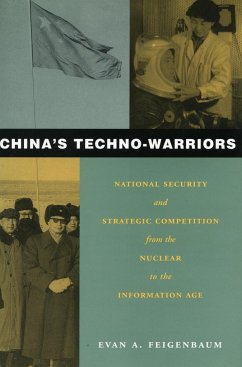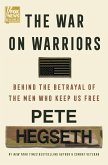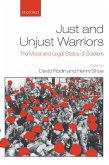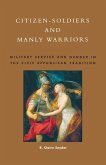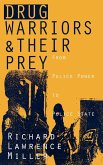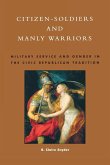In the spring of 1987, the father of China's strategic missile program, Qian Xuesen, told colleagues that China must steel itself for a century of sustained "intellectual warfare." His use of a military metaphor was not a linguistic quirk, but reflected the central role of the military in China's emergence as a modern state, especially in the period since the establishment of the People's Republic of China in 1949. Over the course of the Communist era, a uniquely military approach to China's development became embedded in the ideologies of the country's political leadership, in policy choices about national security and economic development, and in the organizational solutions adopted to put these policies into practice. This book tells the story of how and why the Chinese military came to play such a powerful role in China's economic and institutional development. It weaves together four stories: Chinese views of technology since 1950, the role of the military in China's political and economic life, the evolution of open and flexible conceptions of public management in China, and the technological dimensions of the rise of Chinese power. But the book primarily explores and explains a paradox. This military approach to technology and development emerged during China's period of greatest external threat, 1950-69. Yet these policies and management methods persist even as China enjoys perhaps its most benign strategic environment since the 1840s.
Hinweis: Dieser Artikel kann nur an eine deutsche Lieferadresse ausgeliefert werden.
Hinweis: Dieser Artikel kann nur an eine deutsche Lieferadresse ausgeliefert werden.

